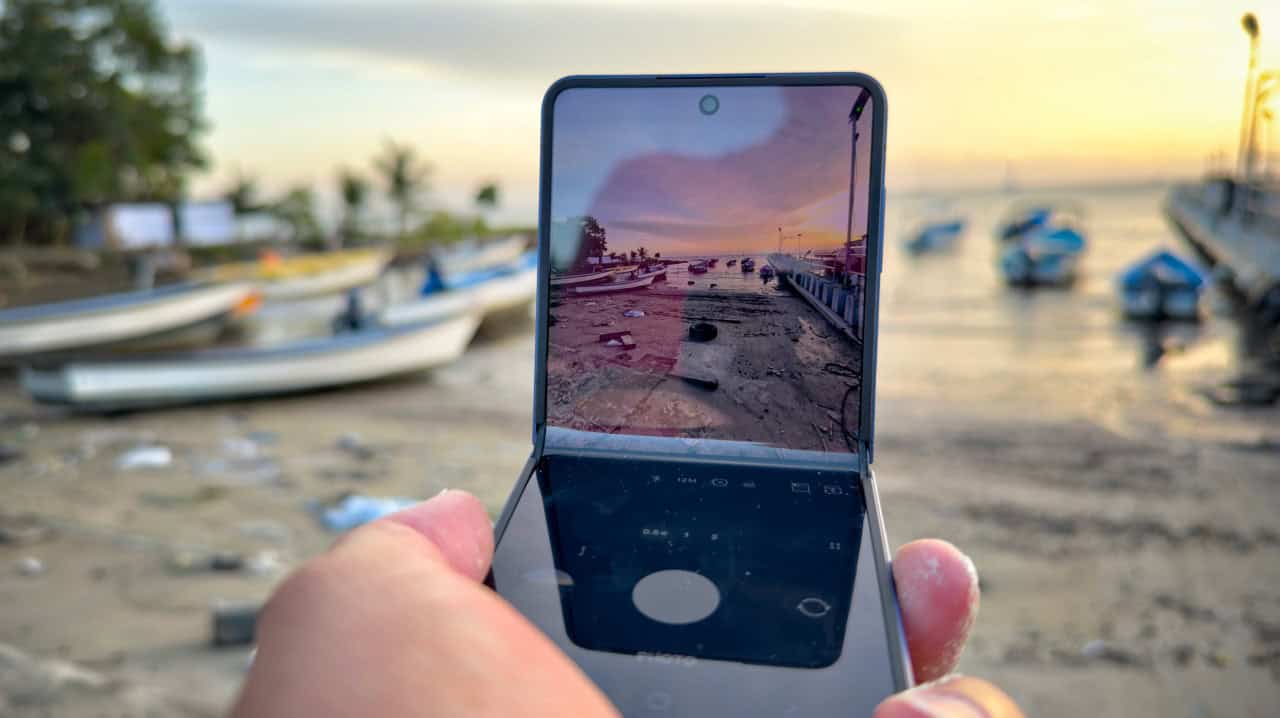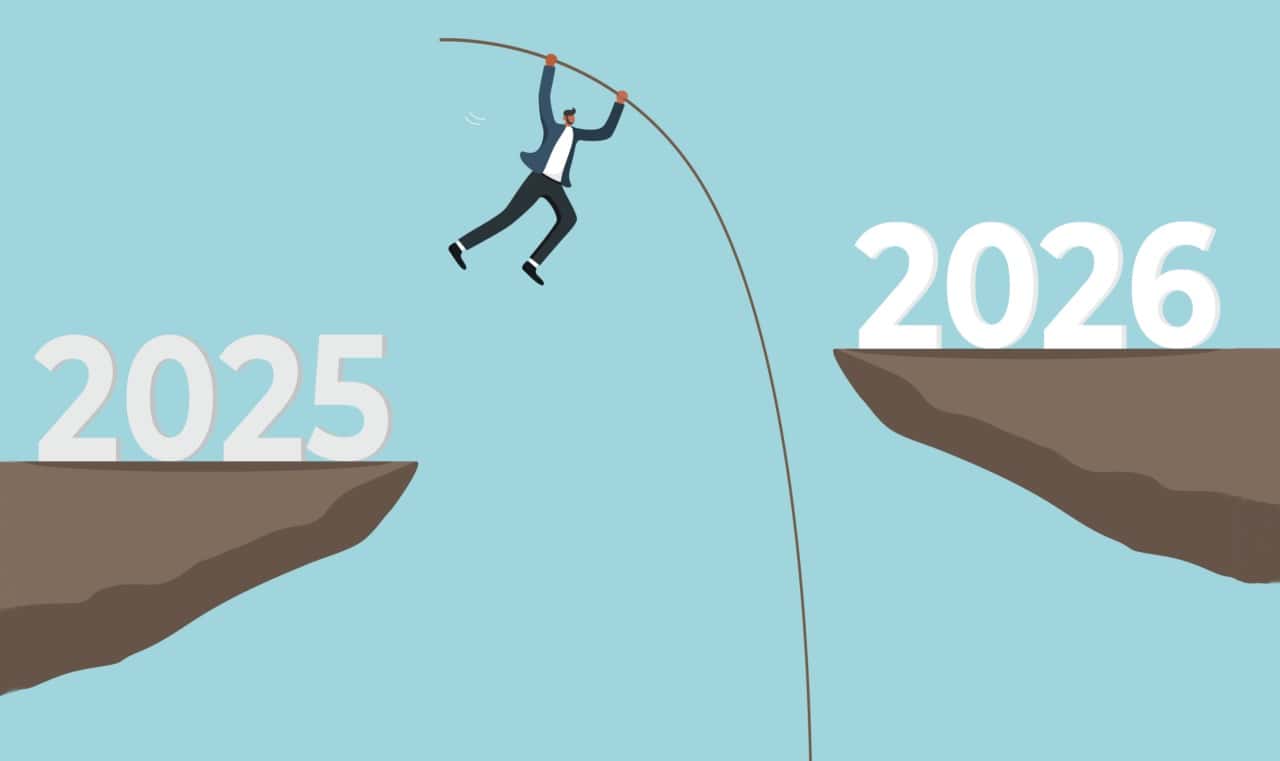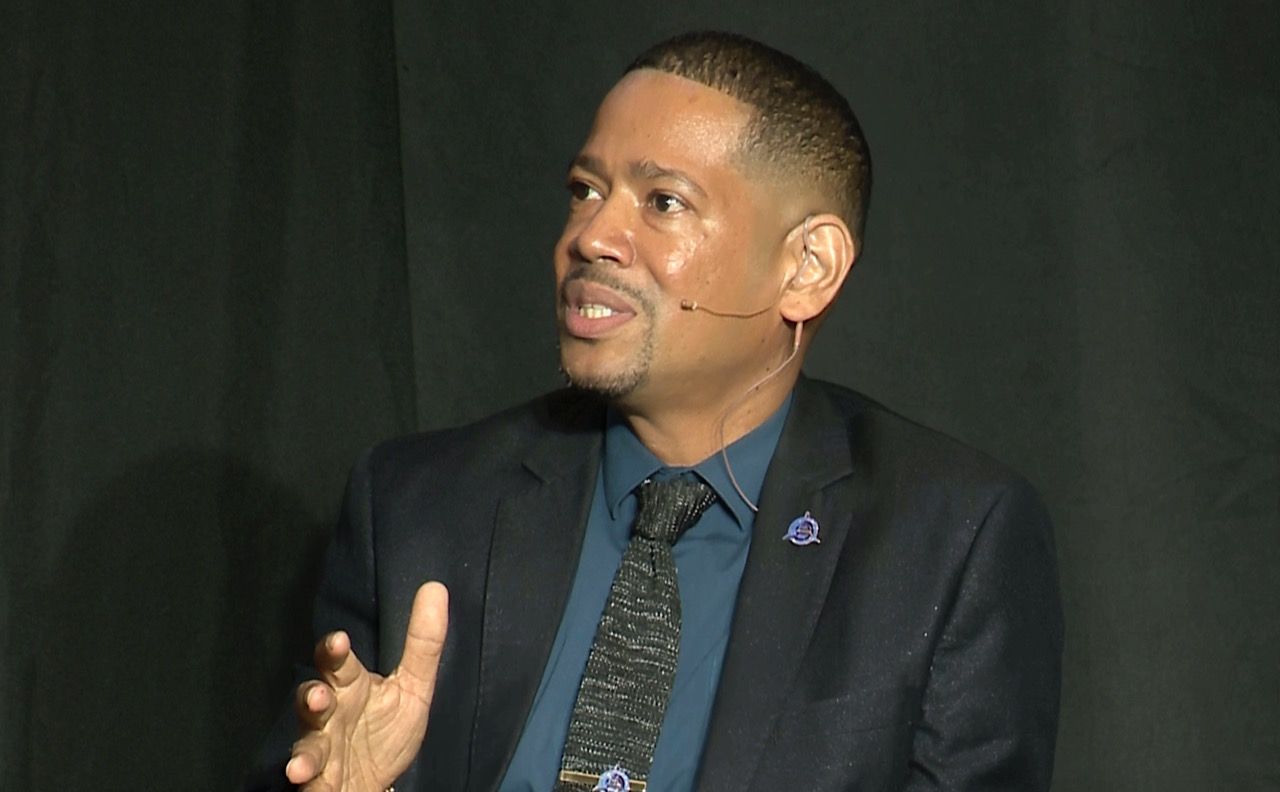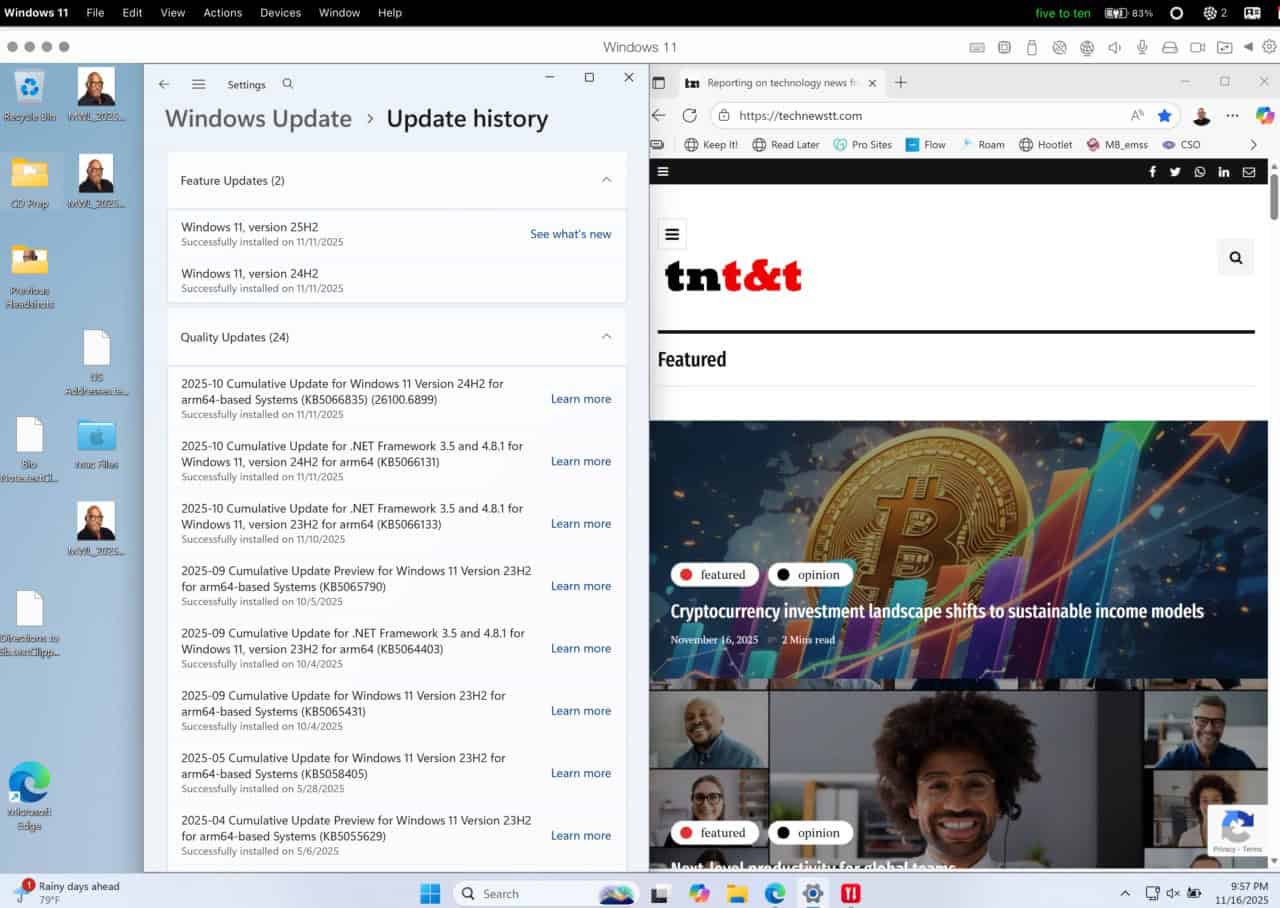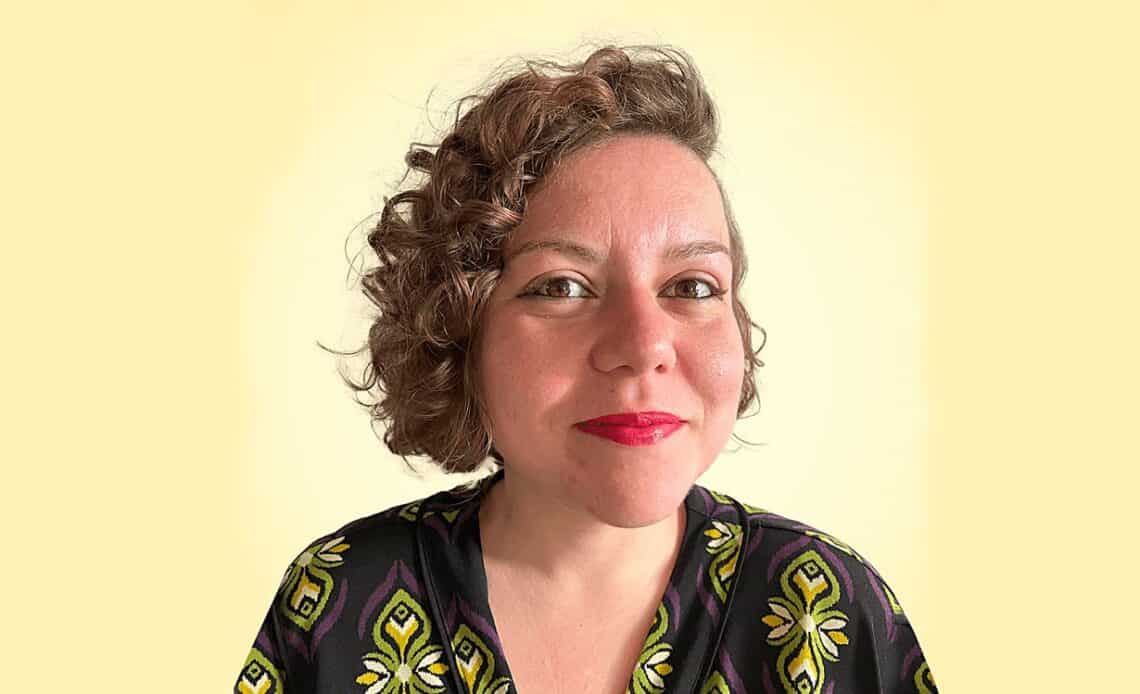
Above: Lauren Ravazi.
BitDepth#1418 for August 07, 2023
Lauren Ravazi, a ten-year veteran of the digital nomad movement, executive director of Plumia and director of Safety Wing – which provides insurance services to digital nomads – thinks this country has the potential to develop the visitor model.
Ravazi spoke at AmCham’s Tech Hub conference in June, noting that she discovered the trend while reporting on it for the UK Guardian.
In Bali, Indonesia, she found young people who were much like herself, unmoored from any attachment to a fixed home with a thirst for travel.
She has travelled to and worked in more than 60 countries over the last ten years, averaging six countries per year and one to three months in each location.
Ravazi found that while a tourist can experience a new location over a week, to maintain a regular work pattern, it’s necessary to spend at least a month experiencing the new place.
While she was writing a book about her experiences (Global Native), the pandemic brought a sharper focus on working remotely.
Three years of numbers suggest a strong shift in the way remote work is perceived.
The MBO Partners’ State of Independence research study for 2022 evaluated American workers who describe themselves as digital nomads, noting a 131 per cent increase in those who have chosen the digital nomad lifestyle since 2019.
As many as 72 million US workers plan to become nomadic workers over the next three years.
In this growing ecosystem, nomadlist.com has emerged as a crowdsourced ranking reference for destination countries.

Trinidad and Tobago registers 2.53 out of a possible five for all the reasons you might expect, crime, bad roads and the difficulty in doing business, all limiting factors that show up in other international evaluations of the country.
“If we think about improving [personal] safety, traffic safety, reducing crime, improving a startup ecosystem, these are actions that can really benefit the whole community, not just nomad visitors,” Ravazi said.
“This is a sweet spot for digital nomads [and it creates] triple wins for governments, the nomads and the local communities that host them.”
Surprisingly, Barbados ranks a bit lower than Trinidad and Tobago on nomadlist, despite having explicitly invited digital nomads to the country after the pandemic hit, launching the Barbados Welcome Stamp in June 2020.
It was the first effort at targeting digital nomads by a nation state, and the offer of a 12-month visa at US$2,000 for individuals and $3,000 per family drew more than 4,000 applications.
The Barbados government approved 2,700 of them, earning US$5.5 million in visa fees and injecting US$17 million into the local economy.
“Governments are now in a battle for digital nomad talent,” Ravazi said. “More than 80 countries in the world have launched dedicated digital nomad visas. At least 20 are offering tax breaks to digital nomads who place their residency in the jurisdiction.”
“Six or more are now actually offering cash grants for digital nomads to relocate in into rural areas that are in need of some revitalisation.”
Digital nomads, according to Ravazi, are slow travelers. They spend a month or more in the locations they choose and tend to integrate with the communities they find themselves in.
Digital nomads are slow travellers. They spend a month or more in the locations they choose and tend to integrate with the communities they find themselves in.
It’s a very different visitor from the standard model of tourism, which packages a capsule view of a country with an emphasis on highlights.
“We know quite a lot about digital nomads,” Ravazi said. “They tend to stay in countries for one to eight months. They regularly return to places they like, year on year. Nomads earn an average of US$123,000 per year.”“They usually work in startups, innovation, software, marketing. Anything that can be done on a laptop. The average spend by a digital nomad in a country is around US$2,100 per month, which can be quite significant in many economies around the world and inject some new energy into local economies.”
“People who create a technology startup in one place are very likely to invest in that place and the kind of community and ecosystem that help them thrive.”
“When you attract nomads for short stays, you’re then able to get some of those nomads hooked on your place and perhaps get them to stop being digital nomads and become digital immigrants instead.”
“Portugal and Mexico are places that have leveraged attention from short-term visits from digital nomads into getting people to kind of settle, buy property and really become part of the communities in which they’ve spent time.”











